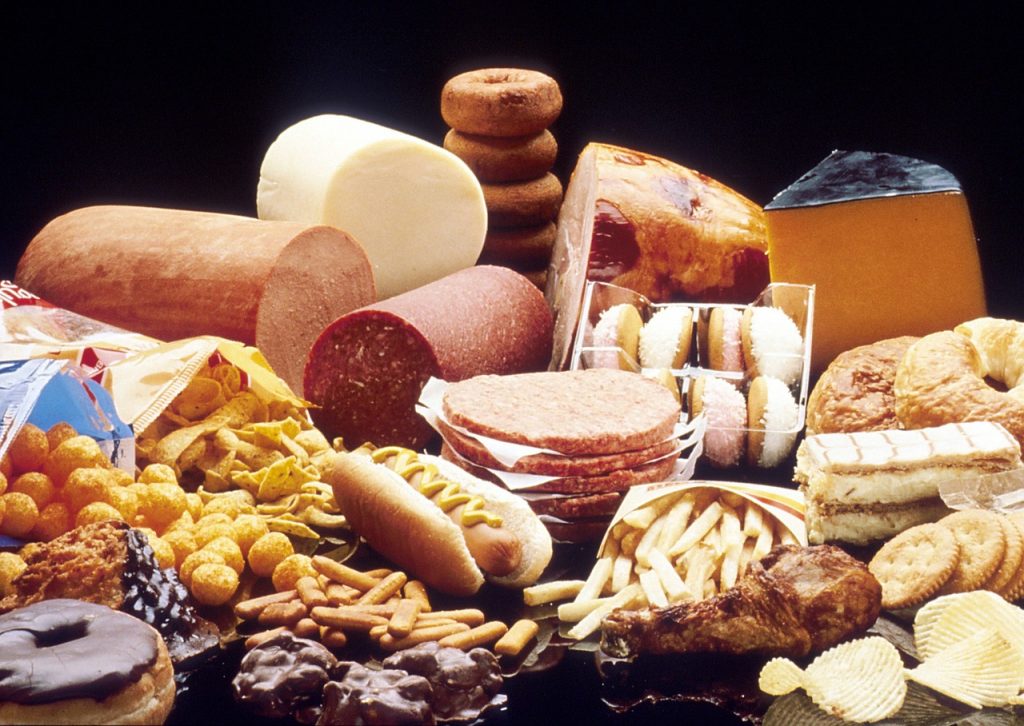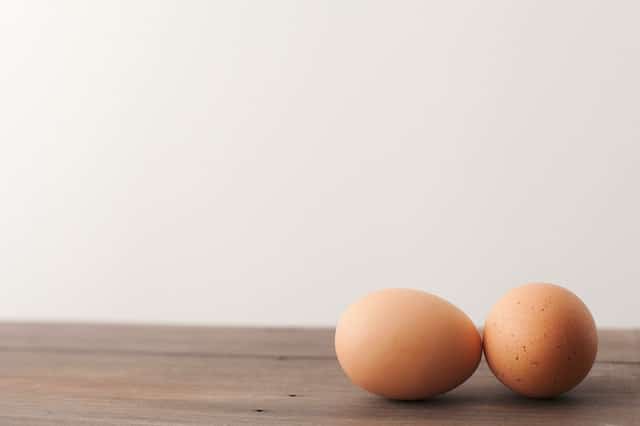Can I Eat Eggs with Gallstones? – Overview
Gallstones – or as medical professionals refer to it – cholelithiasis is a type of disease when solid stones accumulate in the gallbladder.
It’s a pretty common condition since about 10-20% of American adults are diagnosed with gallstones, which is approximately 25 million people.
Although in most cases, gallstones are insidious – meaning no symptoms are apparent and patients only find out about the condition incidentally from imaginary studies done for other purposes.
In case of being symptomatic, it most commonly presents with biliary colic- constant discomforting dull right lower abdominal pain that can last for several hours.
The main function of the gallbladder is to store and concentrate bile until it’s needed to emulsify, thus – mixing up consumed fatty food content. Gallstones are formed by constituents of bile.
There are 2 main types of them.
1. Cholesterol stones – which form as a result of cholesterol precipitation and gallbladder stasis – and make up approximately 80 to 90% of gallstone cases
2. Pigment stones – also called bilirubin stones – are relatively rare, mostly associated with some underlying disorder that causes high body bilirubin levels
The mainstay of definitive treatment of symptomatic gallstone disease is surgical excision of the gallbladder. However,
In general, there are 3 options when doctors only give recommendations about lifestyle and don’t prescribe any treatment (avoidance of lithogenic drugs, regular exercise, follow-up if symptoms recur.):
1. Asymptomatic
2. It’s symptomatic but surgery is not an option
3. You don’t have a gallstone disease but you want to prevent it from forming
And when it comes to diet, the number one rule is – Low-fat diet –is deficient in saturated fats.
Why should you avoid saturated fats?

Can I Eat Eggs with Gallstones
- As already mentioned, Gallbladder has to release stored bile for fat metabolism. The more fat you consume more strain is on the gallbladder.
- The most common type of gallstone is – cholesterol gallstone – which means consuming cholesterol can increase the risk of further stone development.
Can I eat eggs with gallstones?
Scrambled, boiled, or poached eggs are inseparable parts of a typical healthy American breakfast, explained by the fact that they are considered to be the powerhouse of proteins and other numerous beneficial nutrients like choline, lutein, zeaxanthin, B group vitamins, and so on.
The only drawback of loading your diet with egg-rich meals is their rich content of cholesterol.
Can I eat bananas with gallstones
So, is consuming eggs during gallstones a good idea?
If you are consuming a whole egg with the delicious egg yolk, the answer is no (see also foods that are bad for the gallbladder).
Even though egg whites- are mainly composed of protein, with nearly 0% of fat content, they are highly diet-friendly and can do no harm to our health; on the other hand, egg yolk contains a lot of fats in the form of cholesterol, to be exact, 1 large egg(53 g) includes 195 mg of cholesterol.
Even though researchers have already proven it – eggs have very little effect on blood cholesterol levels and don’t raise risks for heart diseases.
We don’t have enough evidence to demonstrate the exact association between gallstones and eggs, as it is yet to be studied.
On the other hand, what we do know is that healthcare professionals mostly recommend patients suffering from gallstones avoid foods containing saturated fat – with which egg yolk is heavily packed with – 1,6 grams of saturated fat per 52-gram egg.
Generally, adding cholesterol-containing food to your diet while having gallstone disease is never a good idea since by giving our body more fat, we raise stress on the gallbladder as it has to store more bile, which can further worsen clinical manifestations of gallstone.
The importance of healthy dietary patterns in the management and prevention of gallstone disease is highlighted by this case-control NCBI study.
In this study, people who consumed processed meats, high-fat dairy products, eggs, salt, and pickled foods appeared to have a much higher prevalence of gallstone disease than the control group – which followed a healthy diet composed of main vegetables, fruits, and low-fat products.
https://www.ncbi.nlm.nih.gov/
For those with a history of gallstones, who can’t resist a good scrambled or boiled egg for breakfast, it’s advisable to leave the yolk out.
In case you can’t resist since the yolk is your favorite part, then at least don’t cook it in oils, as it can double or triple the amount of cholesterol in the meal.
Conclusion
Even though eggs are considered to be part of healthy diets, it’s the egg yolk that can be the villain when it comes to gallstone disease.
Consuming the cholesterol content of egg yolk increases strain on the gallbladder, which is already suffering.
So in the perfect scenario, it’s advisable to abstain from the yellow egg yolk part; however, feel free to consume egg whites – which can’t harm our gallbladder.
If that’s not possible, then- Egg a day is ok! – just limiting the amount. of eggs consumed per day or week and avoiding using oils while cooking eggs is enough to prevent the occurrence of biliary colic.
References:
https://pubmed.ncbi.nlm.nih.gov/
See Also

As a nutritionist, I research, find and experiment with recipes, natural diets and meal plans for weight loss, bodybuilding, and detoxing.
